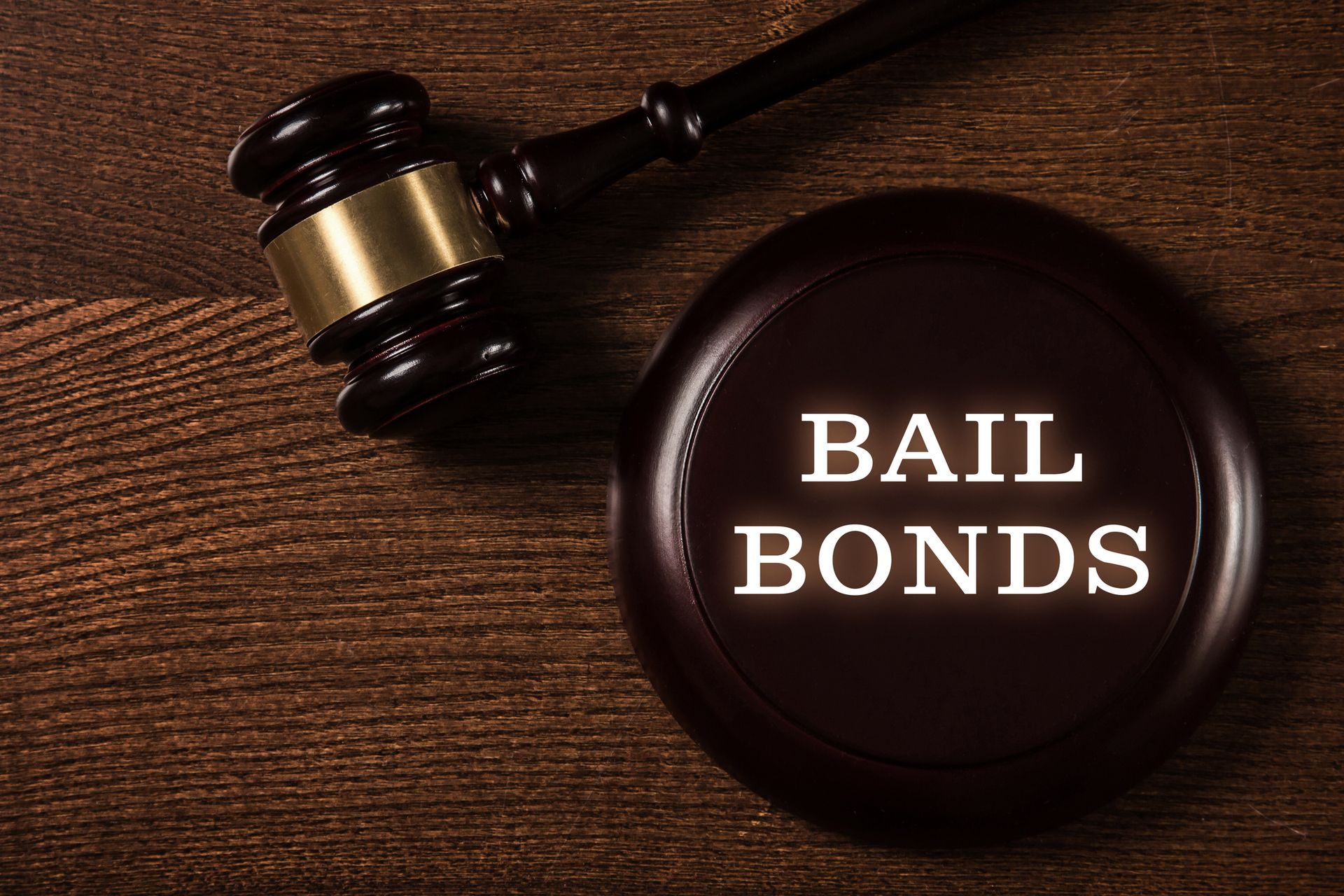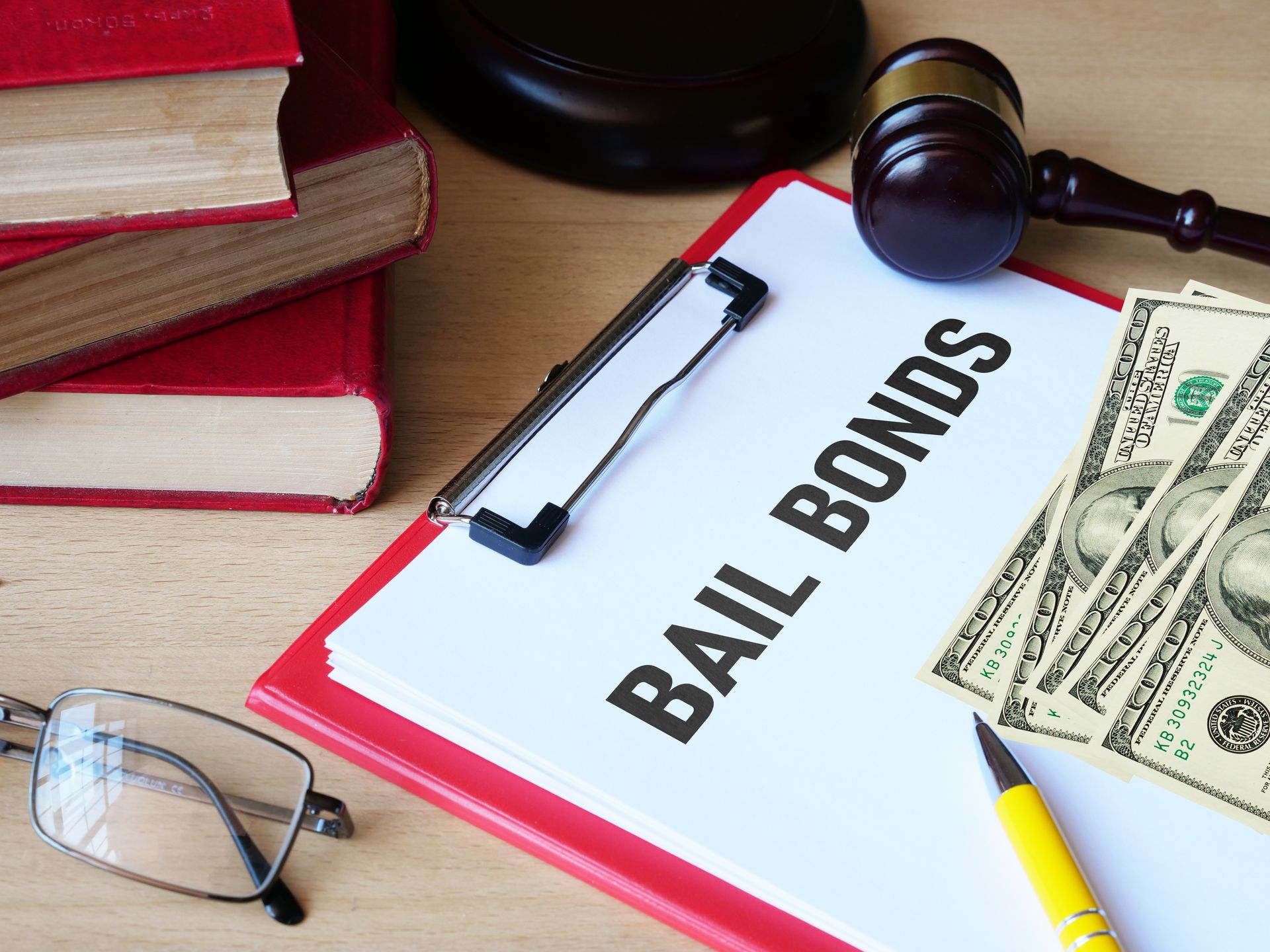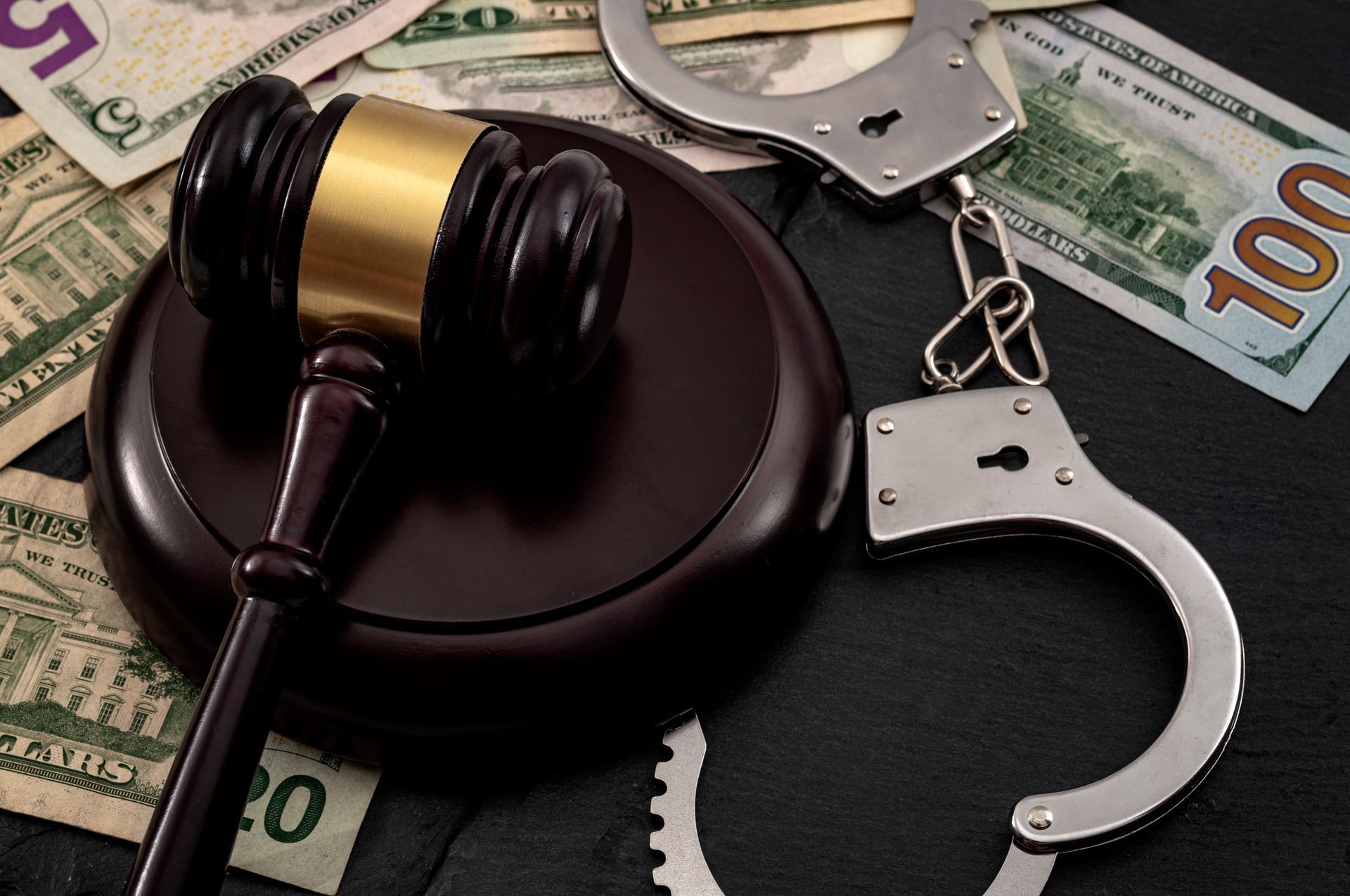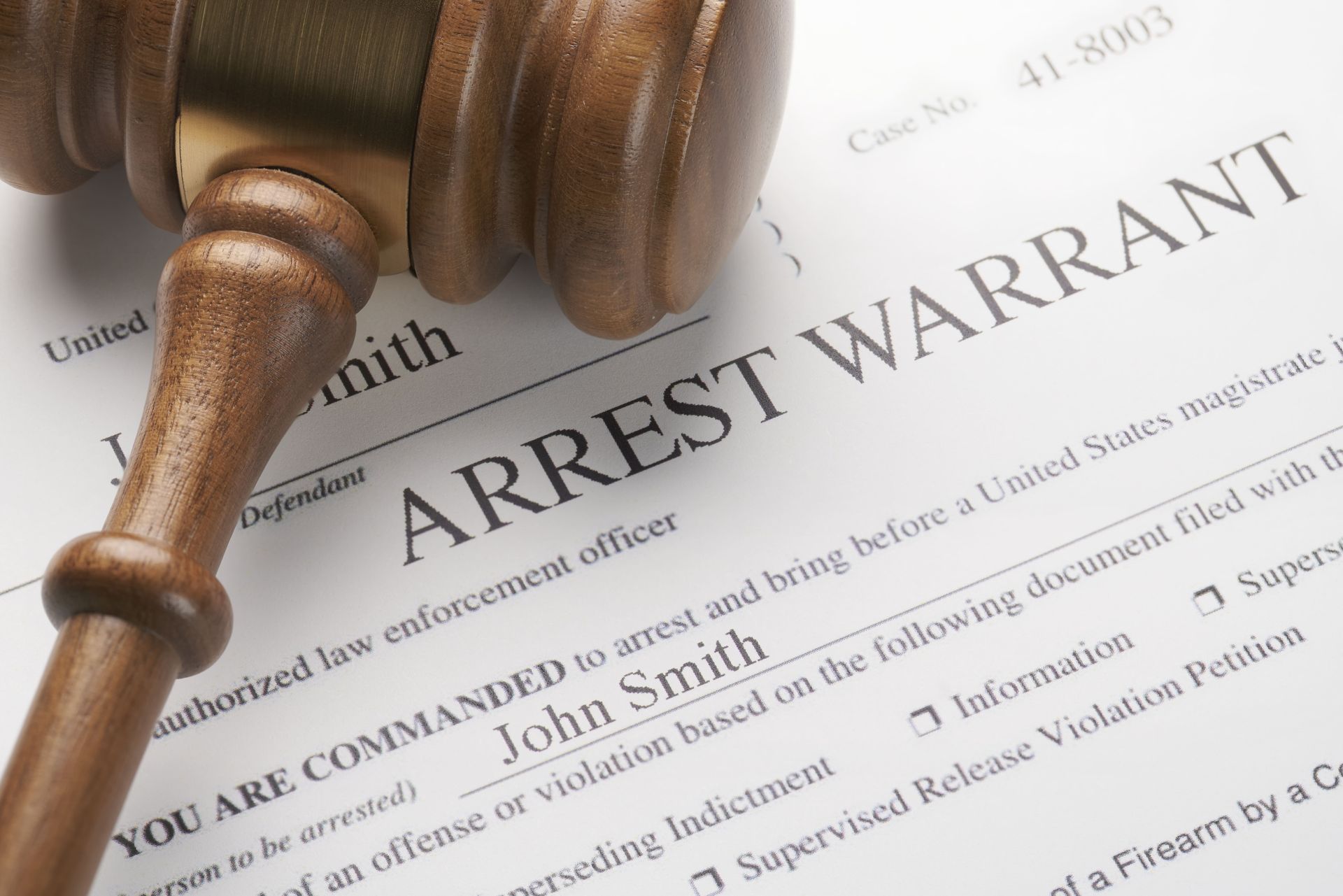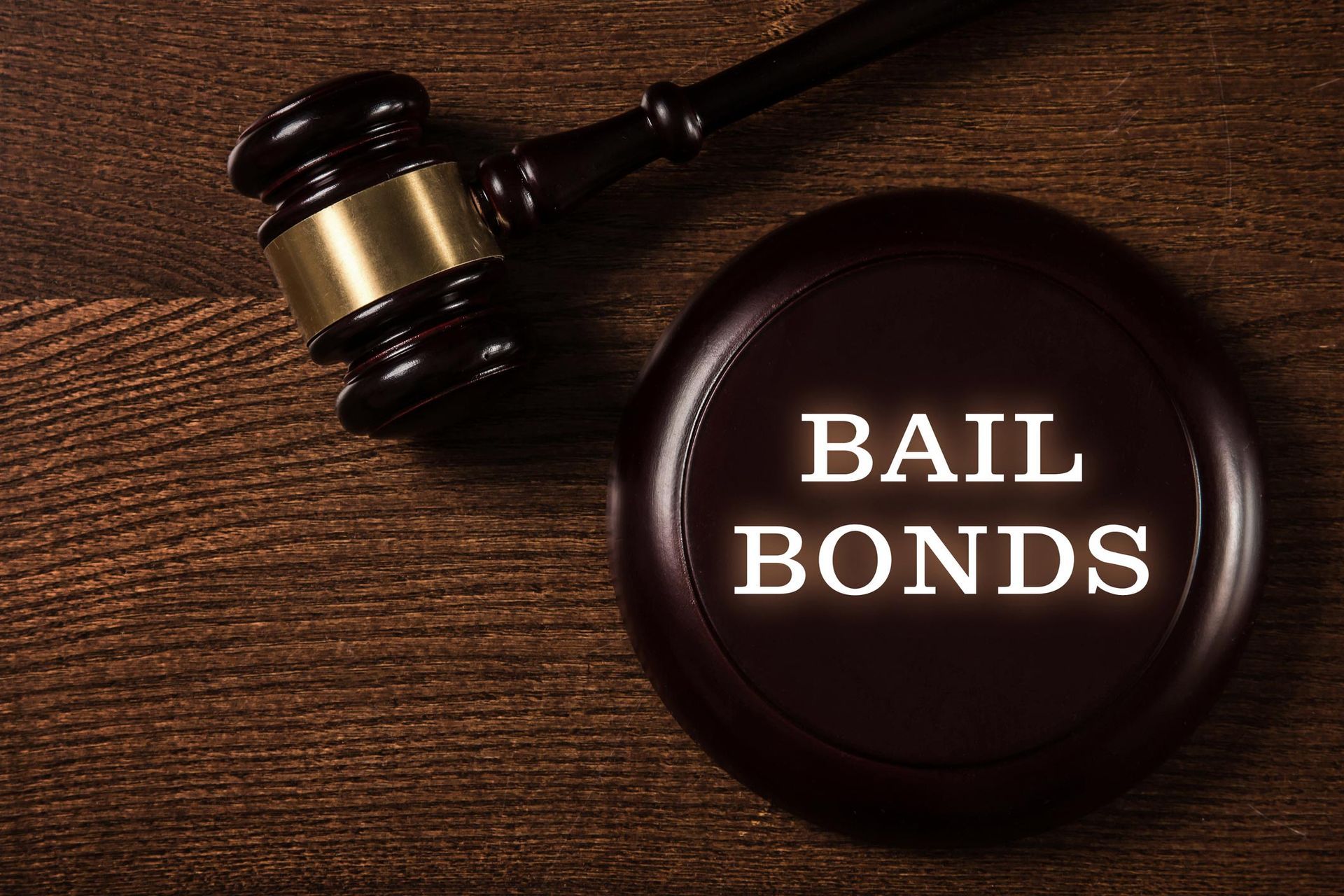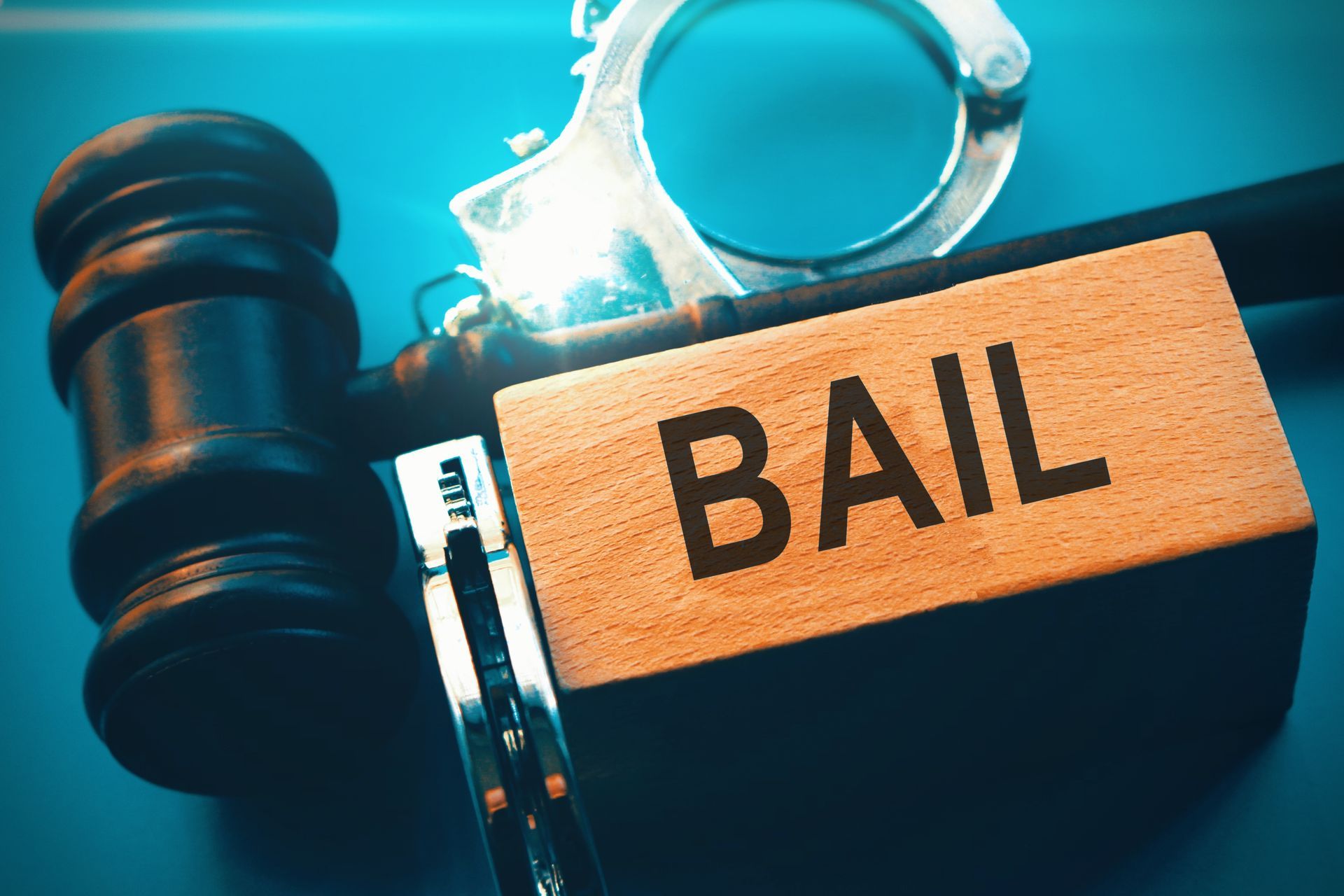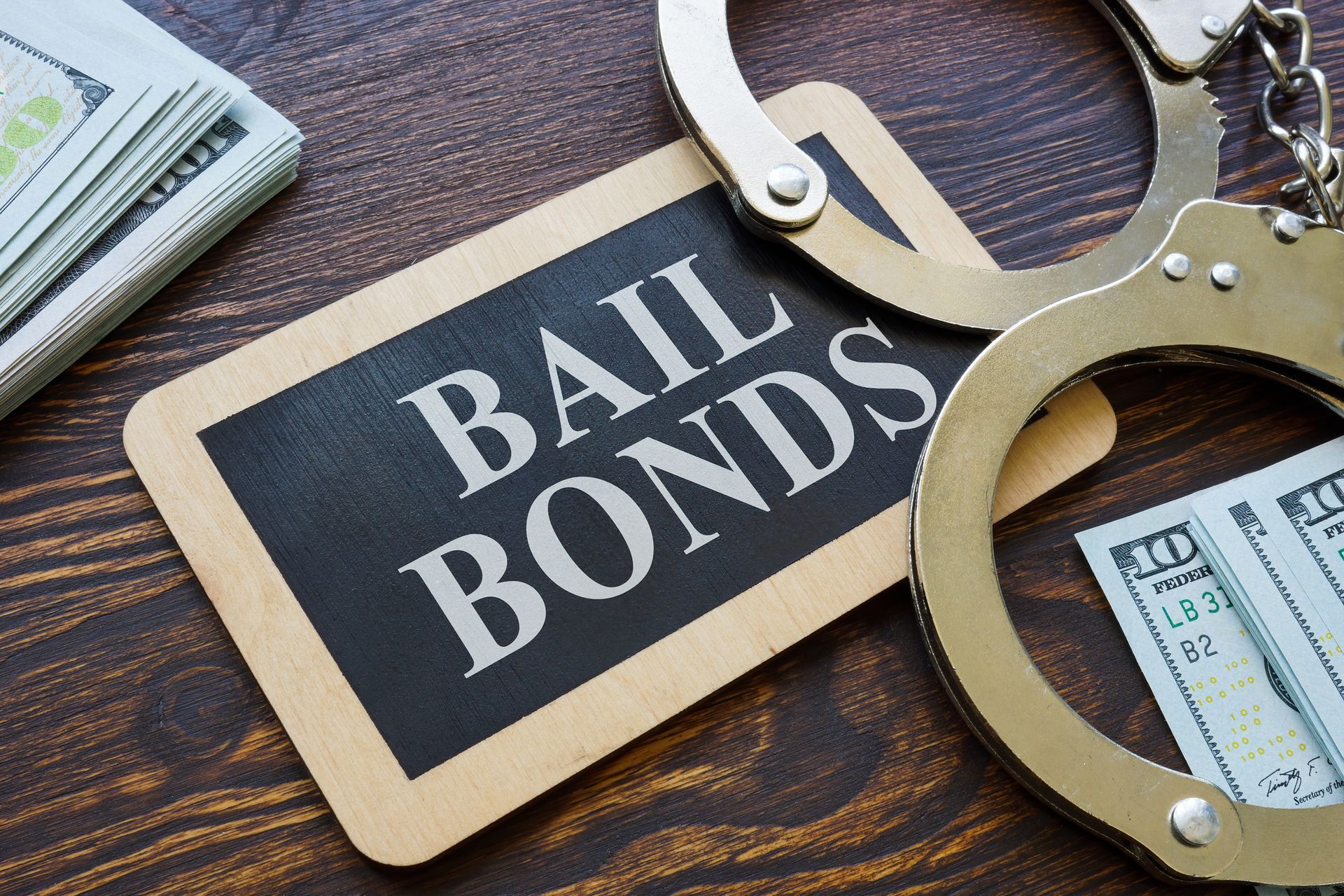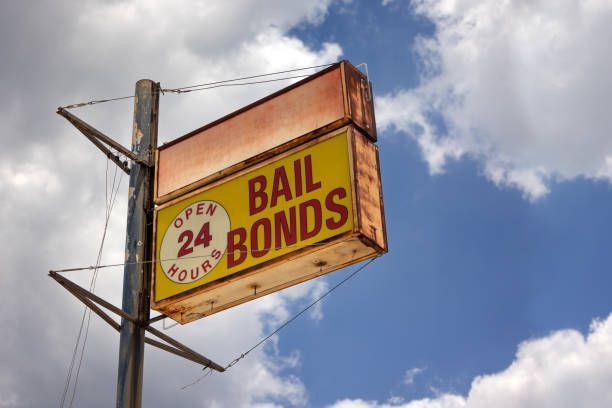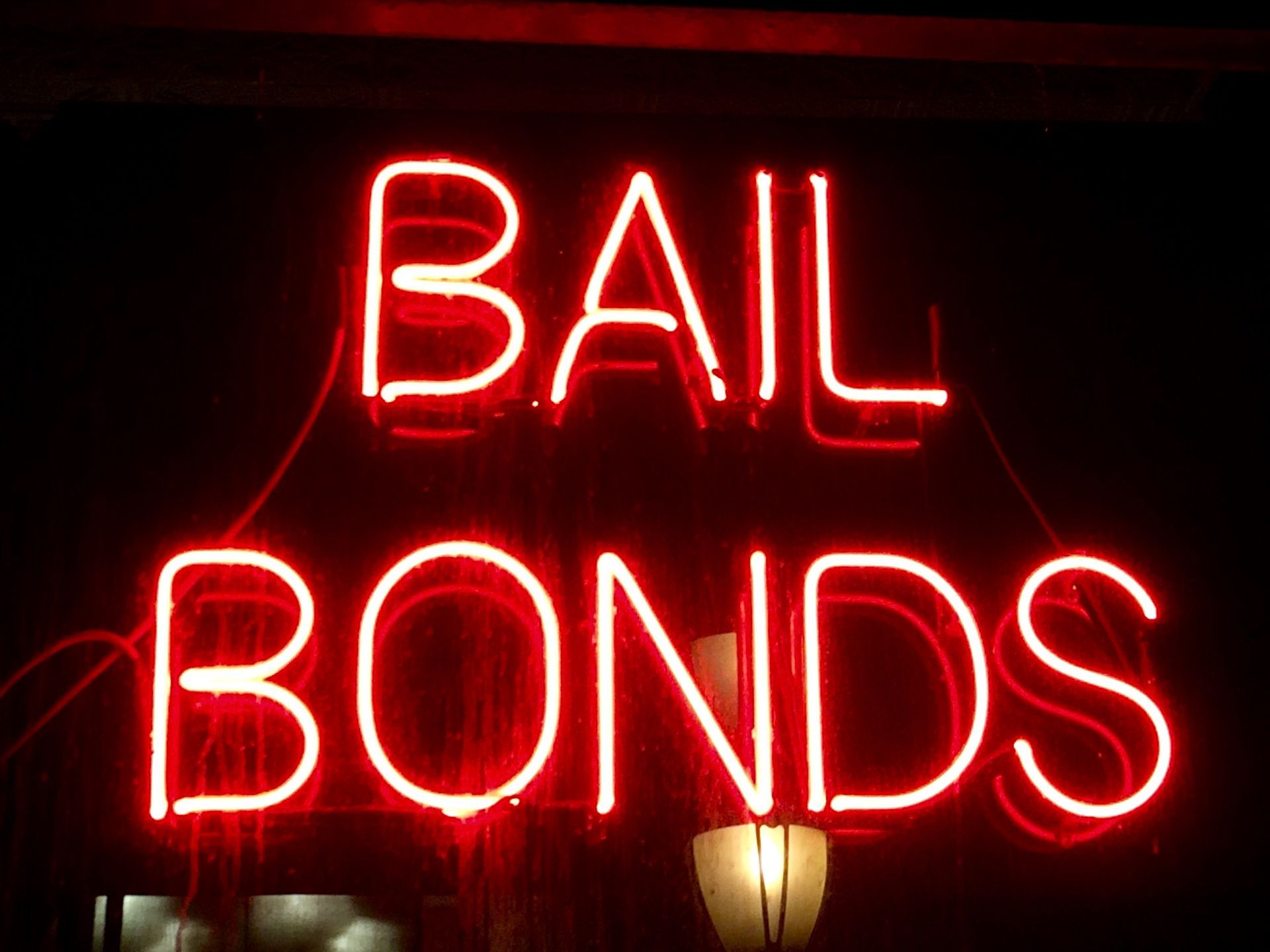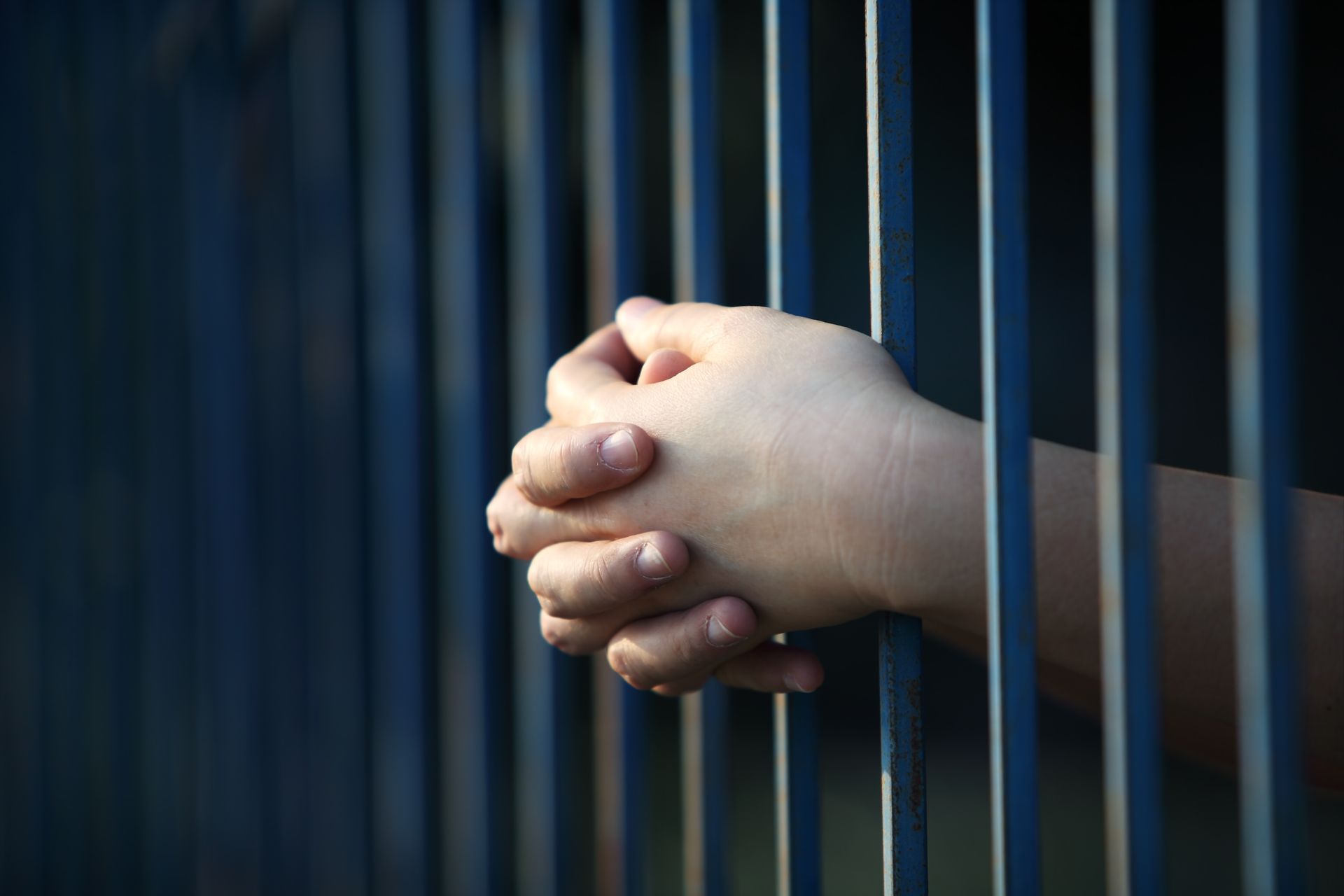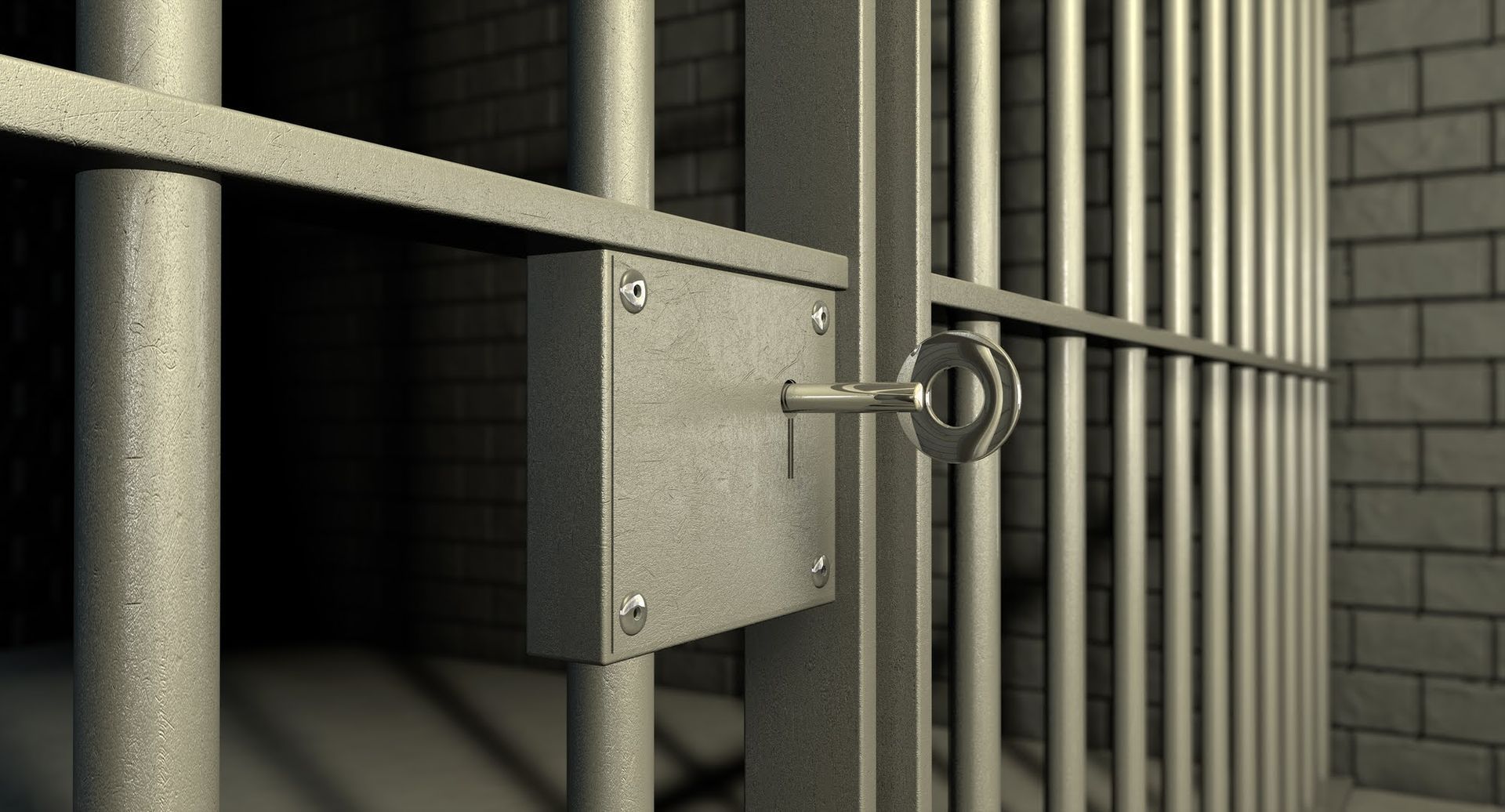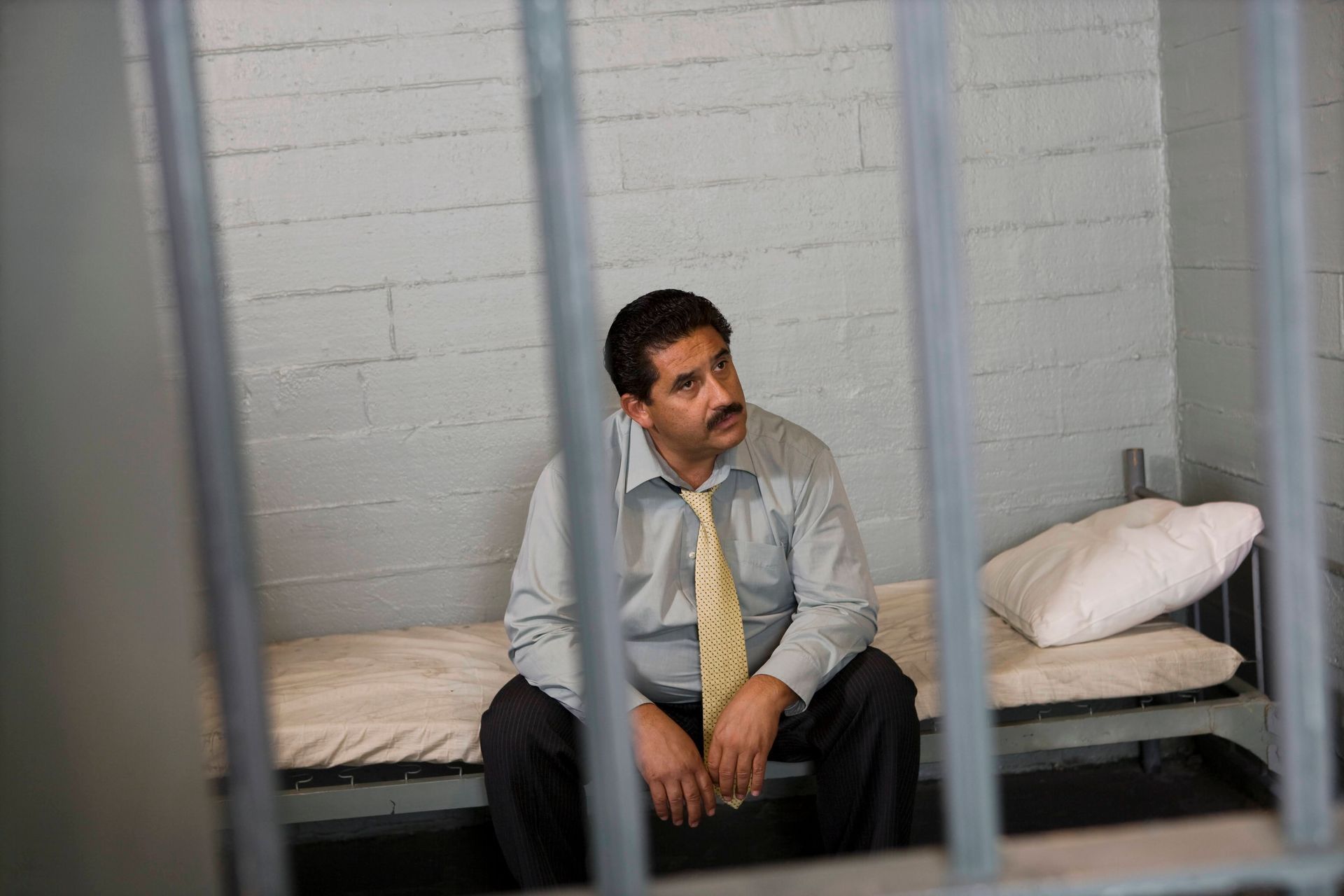How Bail Is Set and How to Have It Reduced
When you get a call from a loved one telling you they’ve been arrested, your first thought may be to hurry up and bail them out of jail. The faster you bail them out, the less work or school they will miss, the sooner they can begin working on their defense, and the less time they will spend in jail.
However, the circumstances may not always work as you expect with their case, and bail isn’t always offered so easily. And, unfortunately, extenuating circumstances can prevent your loved one from being offered a reasonable bail amount, at least initially. The information here will educate you on some of the reasons your loved one may be given a high bail amount, and what can be done about this situation.
A Judge Sets the Bail
The judge may impose a high bail in some cases, award a fair bail amount in other cases, and completely deny bail in special cases. The good news for your loved one is that bail is rarely completely denied, leaving the chance available to have bail posted or high bail amounts reduced. Several considerations go into determining how bail will be handled in each case.

What the Judge Considers
The following three aspects play a part in how much your loved one’s bail is.
The Odds of Flight Risk
If the judge has reason to believe that your loved one would be a flight risk, then the judge may set the bail high. The term flight risk is used to describe a person who is more likely to disappear and not show up for their court dates.
Some of the aspects that can lead a judge to believe your loved one may be a flight risk include the severity of the charges, a history of missing court dates, a lack of support in the area, not having a serious career, and a lack of other ties in the community.
Residing in another area or being a non-citizen are also a couple of reasons why a judge may consider someone to be a flight risk. In this type of situation, the person could easily flee the area and skip out on the case entirely.
The Suspect’s Criminal History
If your loved one has been in trouble before or they are already on parole or probation, then this history is also taken into consideration. The judge may set a high bail amount due to the suspect’s previous criminal behavior, or because they are in violation of the terms of their parole or probation.
The Risk to Others
If the court feels your loved one may harm someone — including themselves — if they were to be released, then the judge may impose a high bail amount.
If witnesses are involved in the case — and the judge has reason to believe the suspect may want to harm them — bail may be high to decrease the chance of the suspect being able to come up with the amount.
What to Do When Bail is Set Too High
The US constitution’s 8th amendment protects suspects from unreasonably excessive bail amounts. Therefore, if your loved one’s bail has originally been set unreasonably high, they should have an attorney.
The attorney may be able to get them a bail reduction hearing where both sides will go over the charges, the risks, and the amount of bail. Often, suspects can have their bail reduced at these hearings.
No matter what amount your loved one’s bail is set to, you should contact Absolute Bail Bonds. We can educate you on the process and get you started on meeting your loved one’s needs so they can get out of jail.
